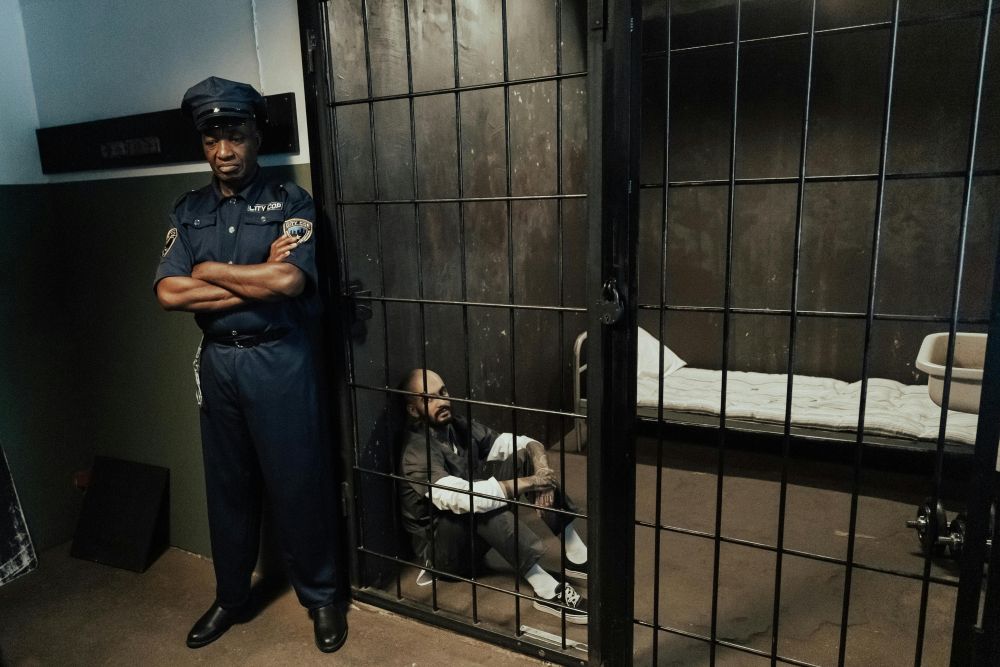The Wisconsin Supreme Court has allowed the salaries of reform officers to move forward collectively.
The state’s highest court has ruled that the Reformation officers in Wisconsin can move together in a legal case in the case of salary, after a year -long dispute whether time and after a shift, whether time was spent on and not. Officials say they must check work – such as going through security, keeping security, and checking with fellow workers and should not be compensated. These measures take place in prisons across the state and are part of the daily routine for thousands of reform staff.
The matter began in 2020, when a group of reform officers filed a lawsuit against the Wisconsin’s Department of Reforms. They argued that they were losing money because they needed to do some duties before they wandered. He said that these duties are part of this work and should be paid as any other work. Officers are looking for both standard wages and overtime salary for the moment.
The decision to do is still to be paid. But Wisconsin’s new decision of the Supreme Court raises a question: Can officers move as a group? Five of the seven judges agreed that the officers were quite common to handle as a class action. The decision has been abolished by the lower appeal court’s previous decision, stating that officers should bring their cases individually.
The reforms department did not agree to treat workers as a group. State lawyers said that officers work in many different prisons and can have many different experiences. They give examples of how much time it takes some officers to reach their posts – can get there in a minute, while the other may need half an hour. But workers’ lawyers pointed out that all officers should go through security and respond to the emergency, regardless of how long they are in jail or how long it takes to get to their station.

The High Court’s decision states that these common conditions are sufficient to justify class proceedings. Justice Janet Protosuizes wrote the majority opinion, which states that the issue involves a state policy affecting thousands of employees and can be handled more easily as a single matter. He made it clear that the decision does not determine whether the workers have been paid back – only their claim can be brought as a group.
The majority included the liberal judges of the court, as well as the conservative Justice Brian Hedgeon. Two other conservative judges, Rebecca Bradley and Annette Zigler, did not fully agree with the decision. He argued that the case raised the questions that a lower court should answer first.
A spokesman for the Department of Reform said the agency is still reviewing what the decision and staff mean. Meanwhile, lawyers representing the officers said they were ready to move forward and take the trial.
In a joint statement, law firms representing workers said that the correctional officers handle difficult and dangerous jobs, and it is wrong to work them away from the clock. He emphasized that the officers form a force of the state’s largest public safety and deserve to be treated fairly with them.
The matter now returns to a lower court, where the real question is whether the officers are paying back on salary. For now, this is a step ahead for the ruling reform officers who believe that the state has ignored the full scope of its work.
Sources:
Wisconsin Supreme Court rules, correctional officers can chase class action suits on salary
Wisconsin Supreme Court restored the Class Action Case of Reform Officers
